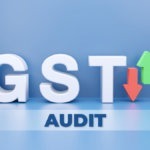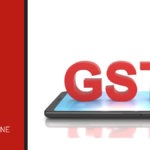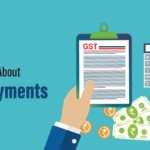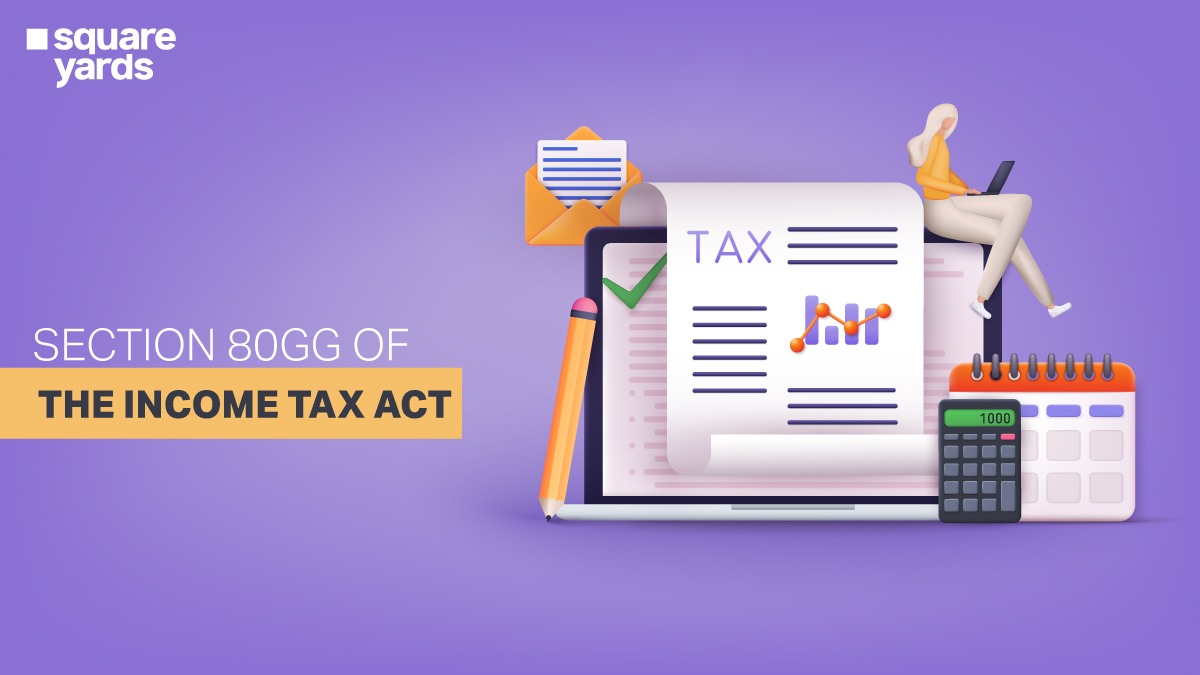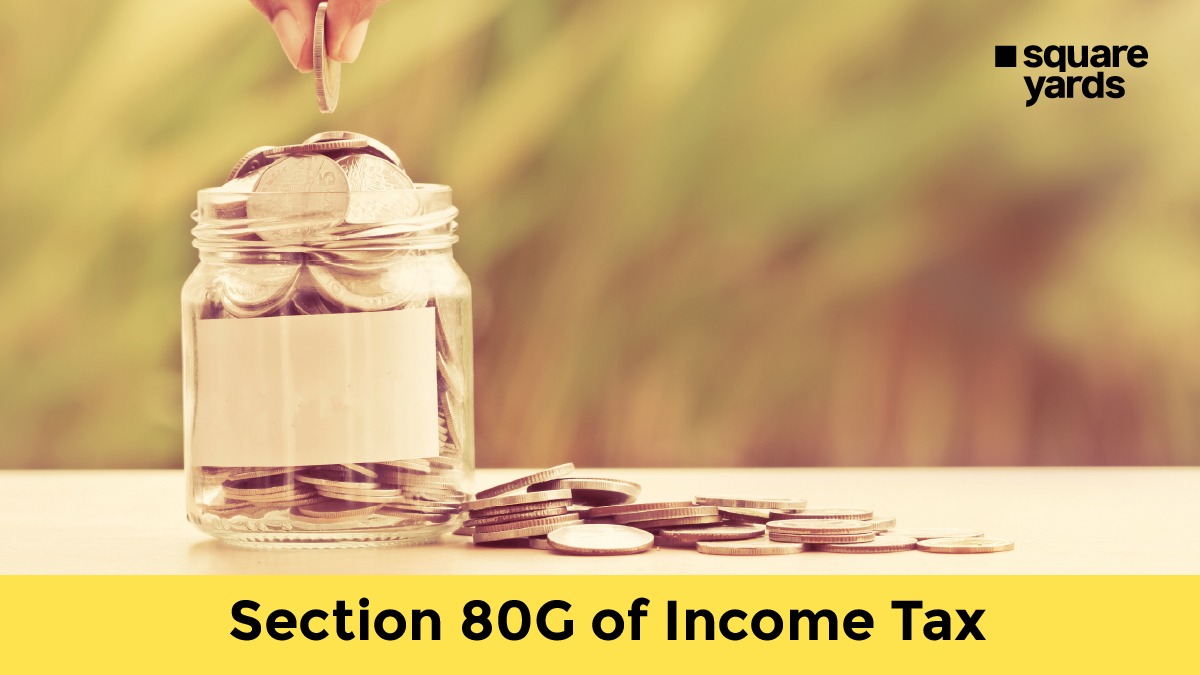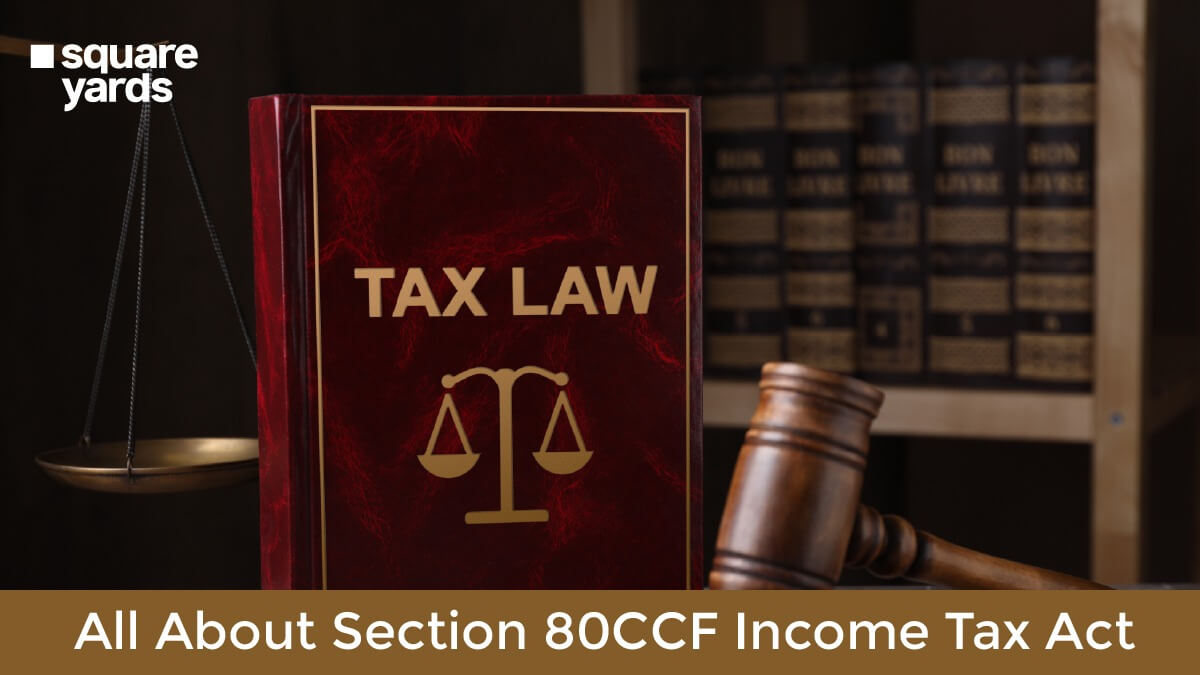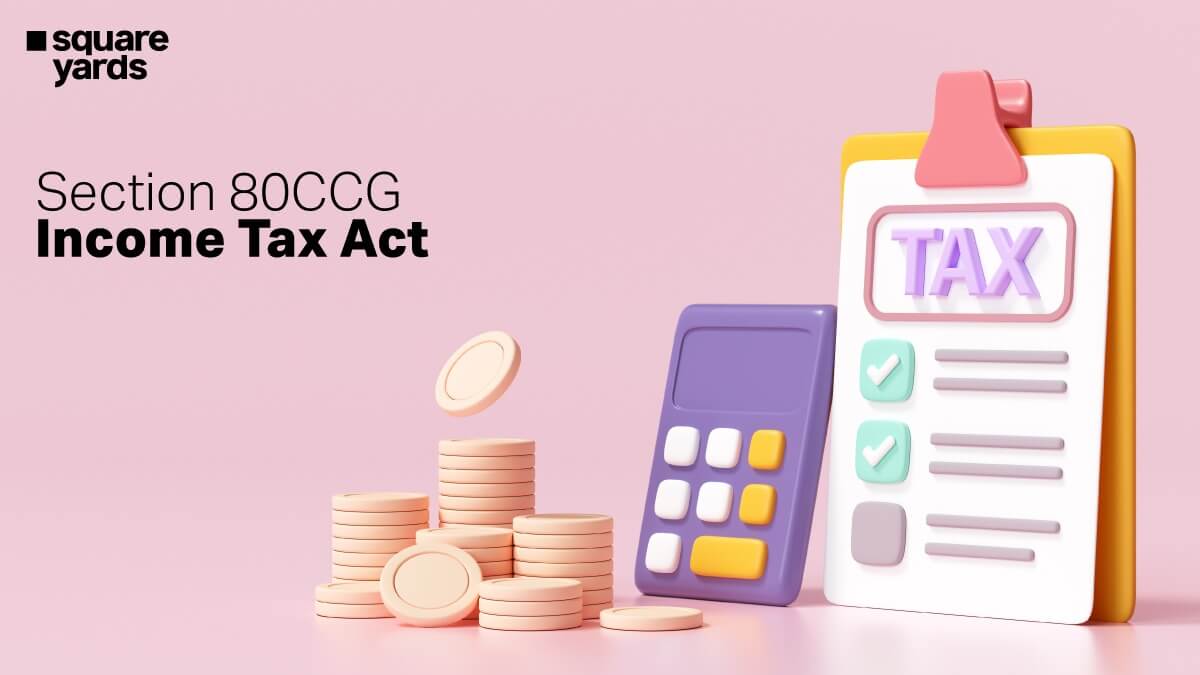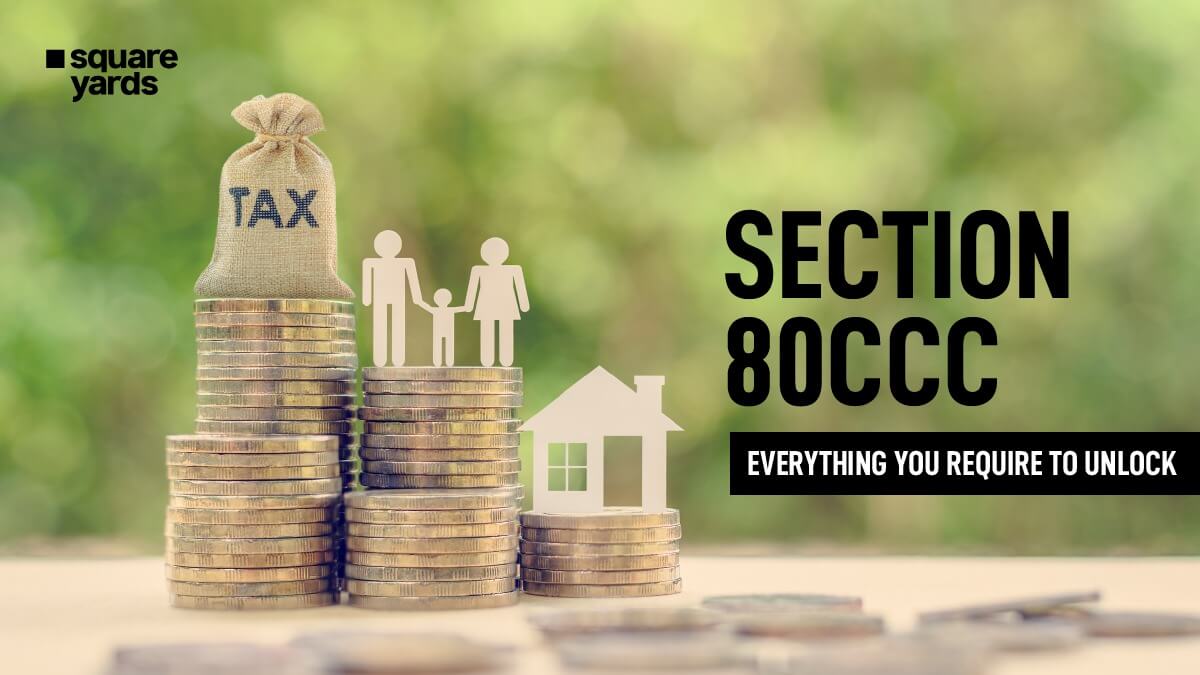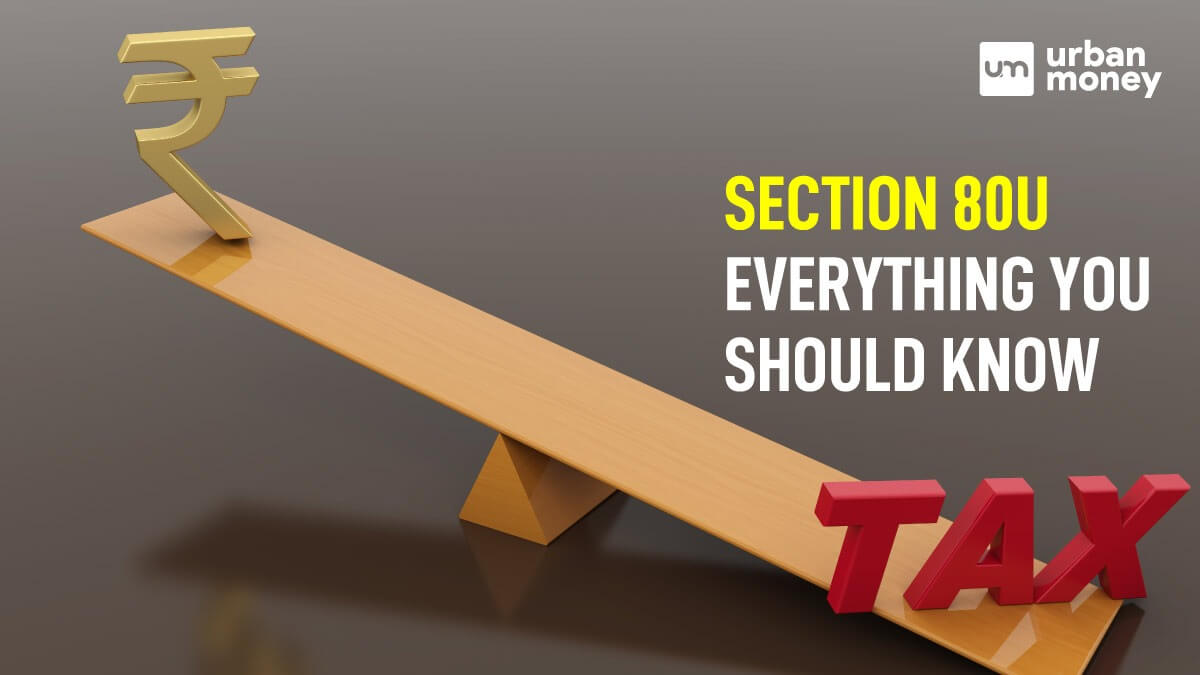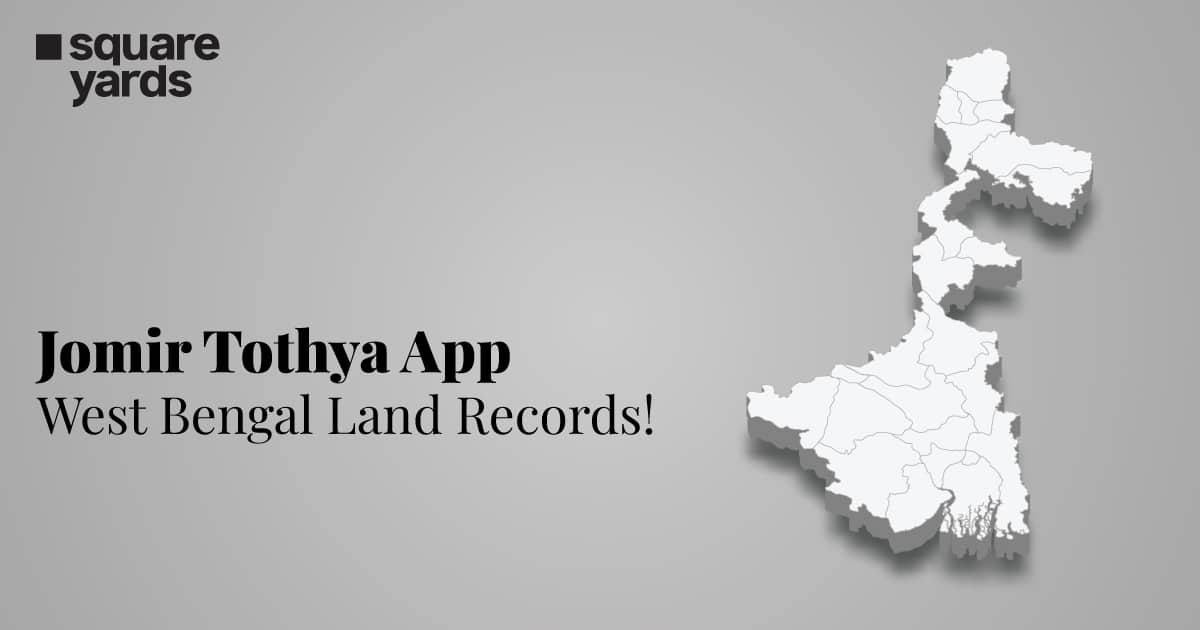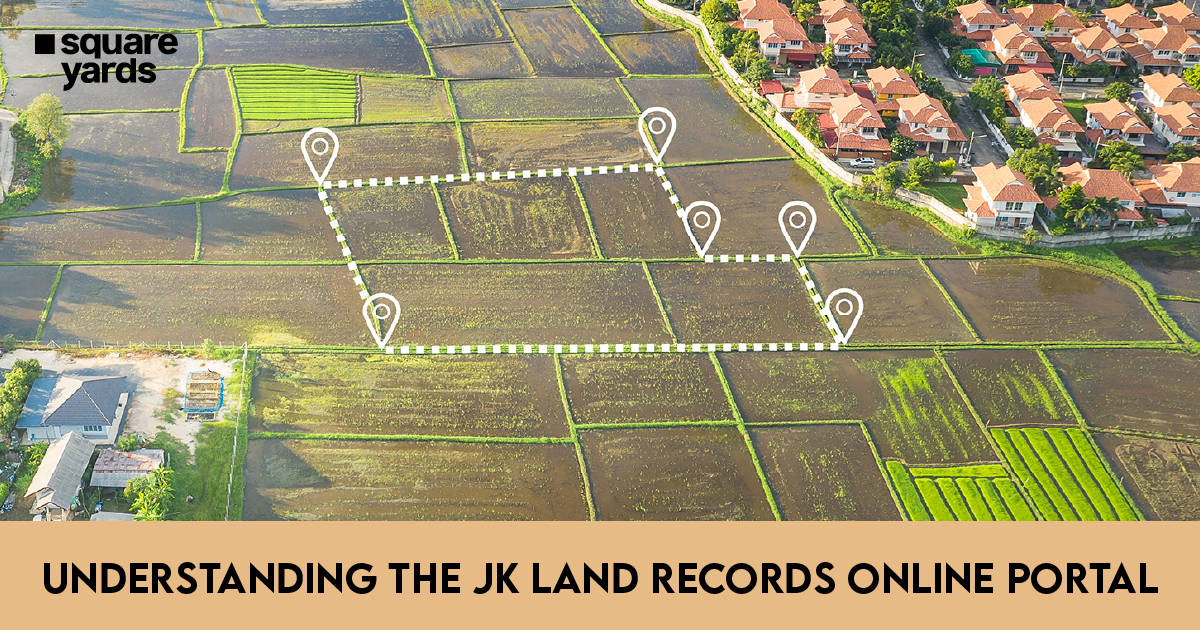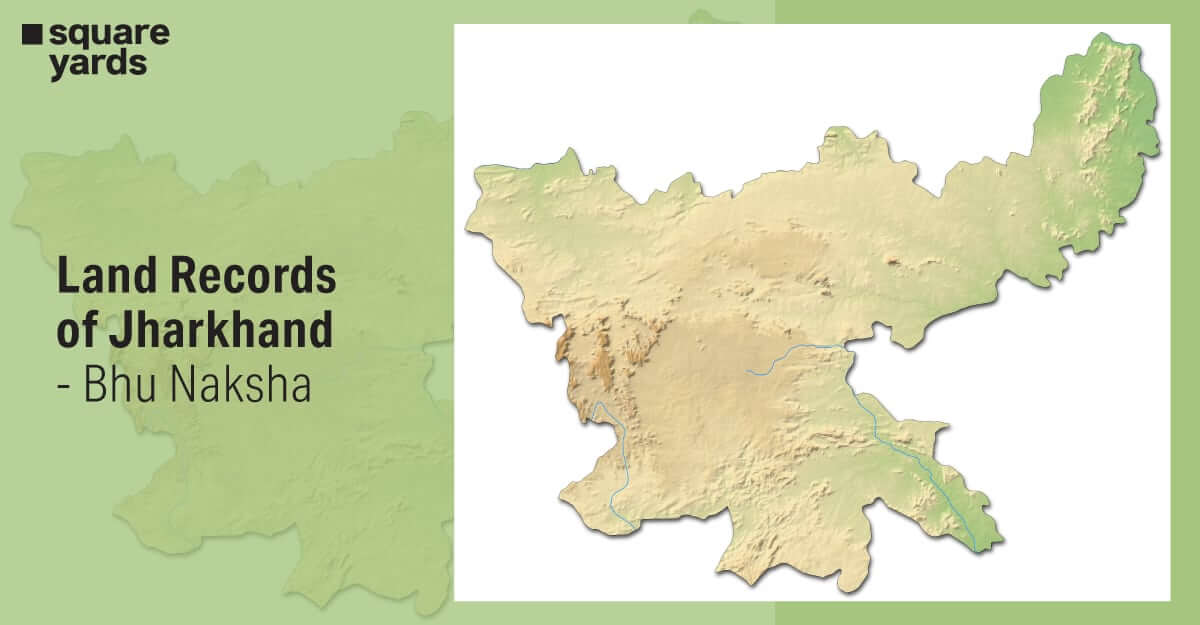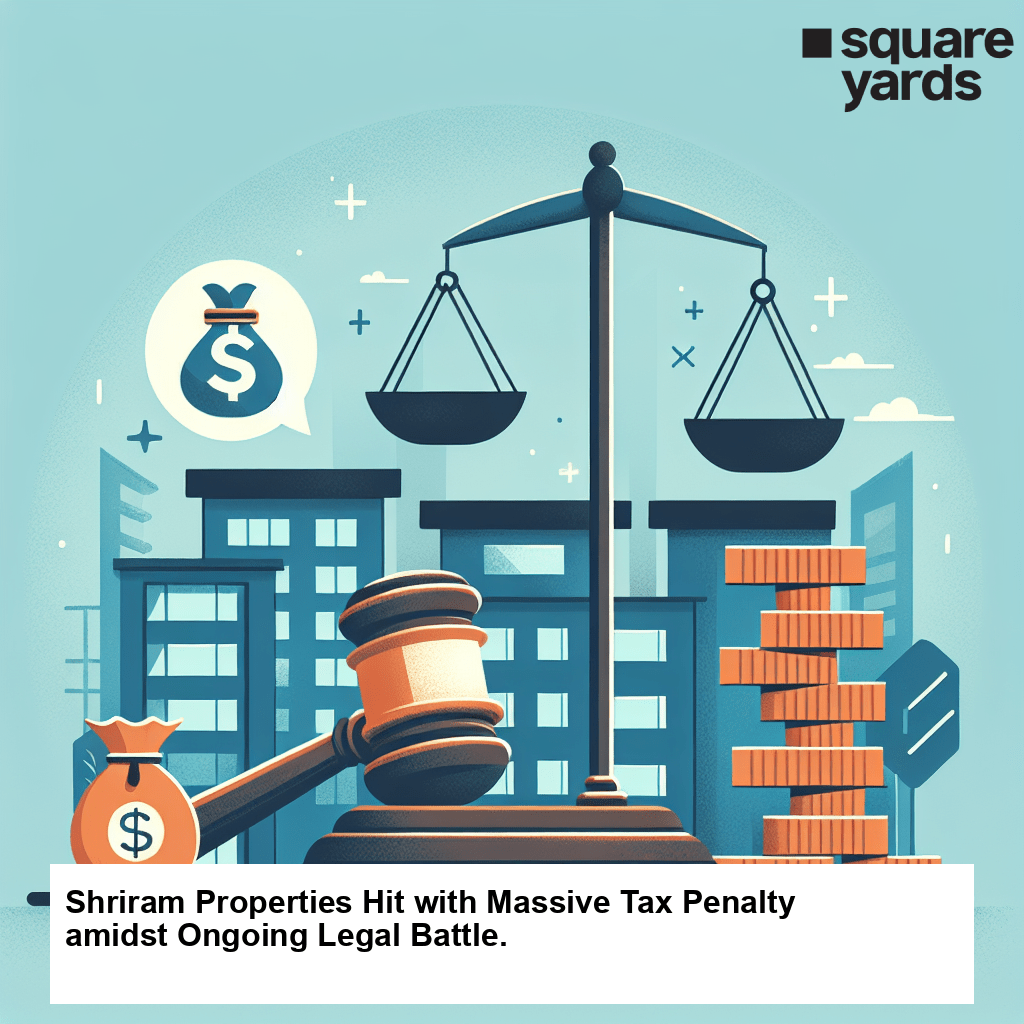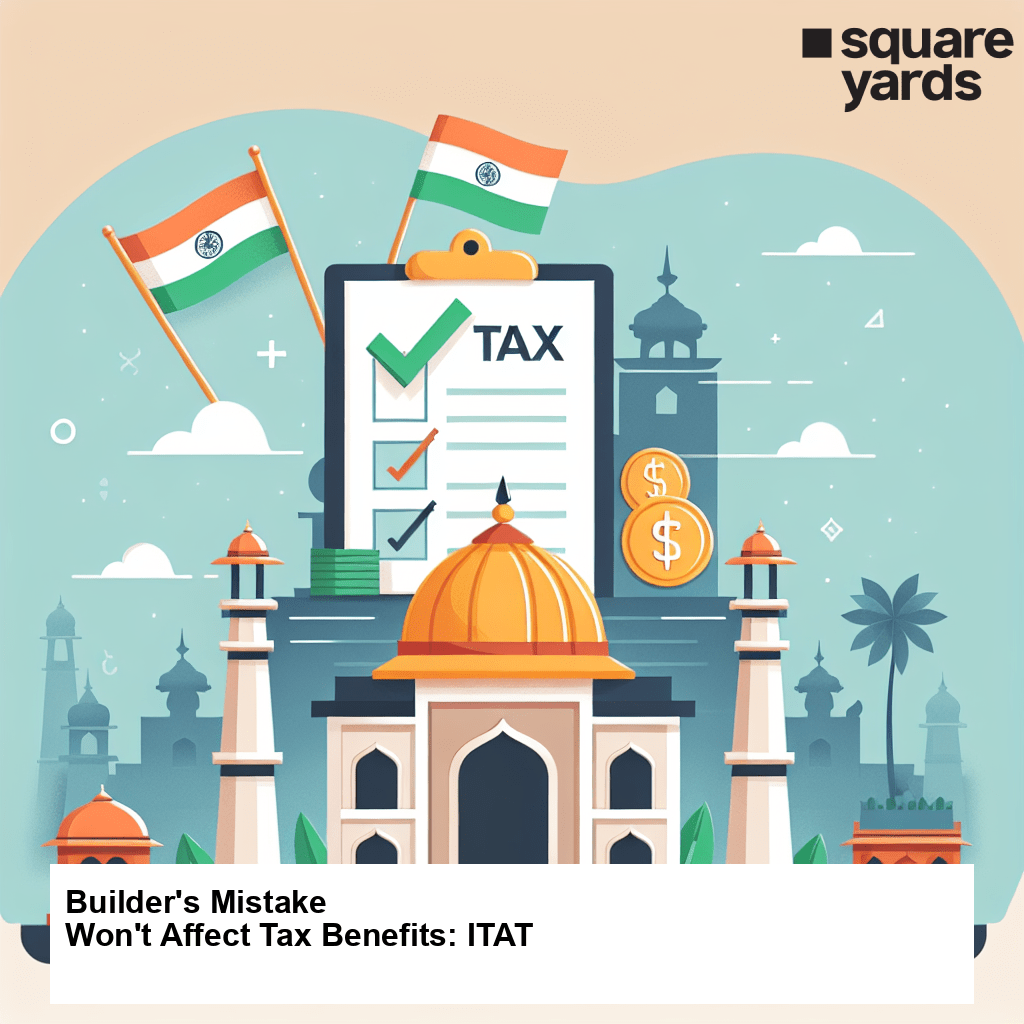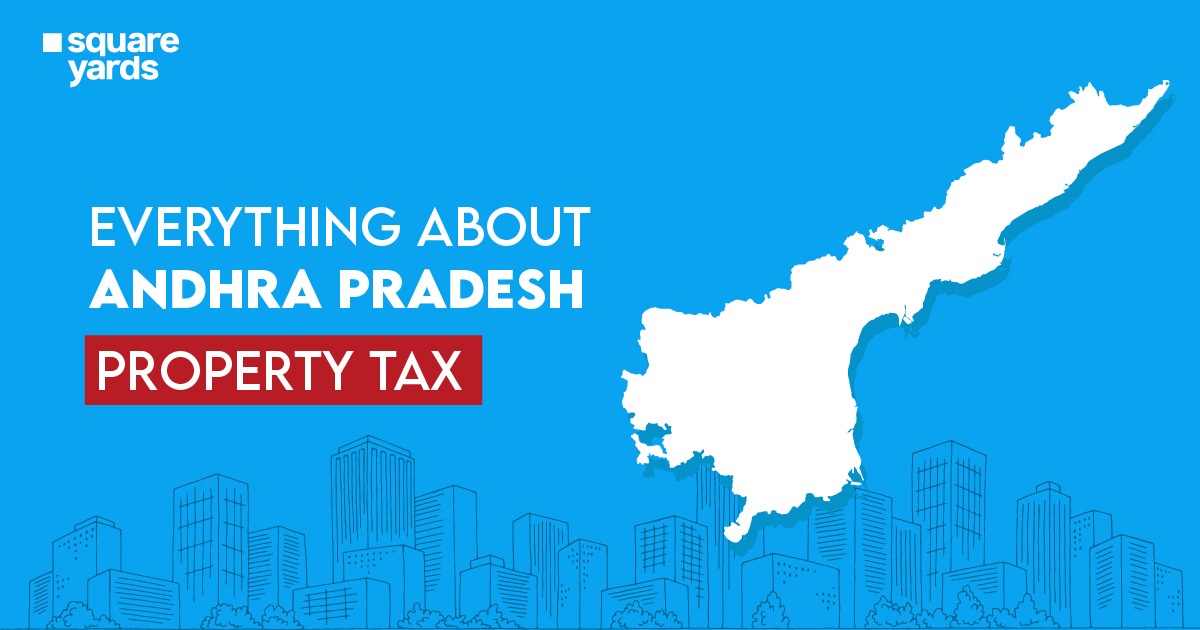Once in the past few years, you must have heard of the hike in prices of petrol and petrol products. The prices have gone up for many reasons, be it a spike in transportation charges, a hike in excise duty, an increase in crude oil prices, international disturbances, and what have you. But despite that, the demand has not gone down. The demand for petrol has stayed high because of dependence on facilities, like vehicles, PSUs, machinery, factories, and much more.
This article will take you on a ride down the GST on petrol and what impact it has had along with its benefits. Keep scrolling below to learn more.
Table of contents
What is GST on Petrol?
After GST was implemented, many have been asking if GST is applicable to petrol and what the GST rate for petrol in India is. However, currently, there is no GST levied on petrol. The tax on petrol varies from state to state/UT, with central excise duty being imposed on the base price and state VAT on the dealer’s commission.
According to Section 9 of the CGST Act, the date for levying GST on petroleum products like petrol crude, diesel, motor spirit, natural gas, and aviation turbine fuel will be notified by the government. However, no such notification has been issued yet. Article 279A of the Indian Constitution gives the GST Council the power to decide when GST will be implemented on petrol in India.
Based on discussions between the Centre and states at the GST Council meetings, the maximum GST rate for petrol could be 28%, along with cess. As of now, the regulation of petrol prices is under state control. The agreement of all state governments to bring petrol and diesel under the GST is still being debated. If petrol and petroleum products come under the GST regime, the Centre may take control of pricing.
However, petroleum products (apart from crude) utilised as it is like raw materials in businesses subject to GST with the corresponding HSN codes are as follows:
| Details | Rate of GST(%) | HSN Code |
| Petroleum Gas(gaseous form) | 5 | 27112100 |
| Petroleum Gas(liquid form) | 18 | 27111900 |
| Petroleum jelly | 18 | 27129010,90 |
| Oils derived from bituminous based minerals and petroleum that contain at least 70% petroleum by weight, excluding crude | 18 | 27109100 |
| Companies like IOC, HP, or BP provide PG or liquefied petroleum gas, to consumers in the non-domestic, exempted category (NDEC). | 5 | 27111200 |
| In accordance with Standard IS 17049, raw petroleum coke is used in the aluminium industry for the production of nodes. | 18 | 27131110 |
Benefits of GST on Petrol
The crucial and foremost benefit of levying GST on petrol is to ease convenience for customers. For example, as of now, taxes gulp down almost 50% of the fuel price (petrol) you pay. But, after coming into the GST regime, only a fixed 40%, i.e., 20% of each SGST or CGST, will be charged.
If crude oil, diesel fuel, gasoline (also called petrol), methane, and aviation fuel are taxed at the highest rate of 28%, customers will pay less than what they are presently paying for these products. With GST, the price is expected to fall considerably!
To get a better hang on benefit of GST on petrol, give a look at the table with current and anticipated prices of fuel below:-
| Current taxation including excise and VAT | Anticipated prices for fuel | ||
| Details | Price in INR(per L) | Details | Price in INR(per L) |
| Petrol fuel costs (Including freight)(a) | INR 57.35 | Petrol fuel costs (Including freight)(a) | INR 57.35 |
| Excise Duty(per L)(b) | INR 19.9 | Commission of Dealer(per L)(b) | INR 3.87 |
| Commission of Dealer(per L)(c) | INR 3.87 | Cumulative price(a+b) | INR 61.22 |
| Cumulative price(a+b+c) | INR 81.12 | GST (assumed and applied to C at the highest slab of 28%) | INR 17.14 |
| VAT in Delhi @ 19.4% on D | INR 15.74 | ||
| Fuel cost at the pump (RSP) | INR 96.86 | Fuel cost at the pump (RSP) | INR 78.36 |
Fuel Under GST
5% GST is applied to aviation turbine fuels if they match the HSN number 27101939. In contrast, oils made from bituminous materials and petroleum already carry an 18% tax. Any type of petroleum gas is subject to an 18% GST.
Natural gas, diesel, and petroleum crude prices have not yet been finalised by the government or the GST Council.
Effects of bringing fuel under GST regime
The 45th GST Council Meeting took place recently at a meeting of the GST Council. Since December 18th, 2019, the Council hadn’t convened in person. The inclusion of petroleum products under the GST regime was one of the most eagerly anticipated subjects for the most recent conference.
Although the cost of petrol is likely to drop significantly if it is included in the scope of the GST ambit, implementing the same is probably going to take some time. The fact that a few Indian states oppose the imposition of GST on fossil fuels is one of the key obstacles in this regard. The states rely on the money made from the sale of the aforementioned goods.
Frequently Asked Questions (FAQs)
What is the GST on petrol in Gujarat?
The state government of Gujarat levied a 13.7 percent sales tax and a 4% excise tax on petrol, a 14.9 percent sales tax and a 4% excise tax on diesel, a 15% sales tax and a 5% sales tax on PNG (commercial), a 5% sales tax on PNG (home), a 15% wholesaler tax, and a 5% consumer tax on CNG (retailer).
What is the GST on the transportation of petroleum products?
Pipeline-based natural gas transportation will be subject to a 5% GST rate minus tax credits for inputs or a 12% GST rate with a complete claim of the credit.
Which states are opposing GST on petrol?
The few states opposed to GST on Petrol are namely Maharashtra, Kerala, Karnataka, and Tamil Nadu.
What is the GST on petrol in Maharashtra?
As a state on the opposite side of the GST regime, Maharashtra has not placed any GST on petrol yet.












